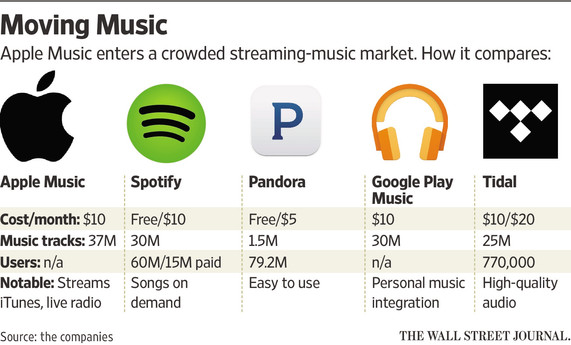


That’s roughly half the size of the estimated cumulative listening base of our 6.3 million artists with fewer than 50 monthly listeners each ( 157.5m). And currently Ed Sheeran has 83.6 million monthly listeners on Spotify.

If you look at the list of the biggest artists in the world today on Spotify, you will find Ed Sheeran at the top, just ahead of Justin Bieber and The Weekend. And this number is really quite significant in the context of a threat to the major record companies. The idea that you’d listen to two of them in a single session or a single month would be logically quite unlikely.)įor argument’s sake, let’s split the difference and assume that each of these artists (who have under 50 monthly listeners) has an average of 25 monthly listeners: that’s 6.3 million artists, all with a rather measly-looking 25 unique listeners each month on Spotify.Ĭombined, these artists would therefore have a total of 157.5 million monthly listeners. Remember, each of these artists is by nature, statistically unpopular. (This is not a crazy idea in the grand scheme of things. Now let’s assume for the sake of this podcast that all of these monthly listeners across all of those 6.3 million artists are unique, didn’t listen to any of the other artists in the 6.3 million group. We’re going to have to do a brief calculation here: The actual number of artists on Spotify, at the end of 2021, with fewer than 50 monthly listeners was, according to my calculations, 6.3 million. Subsequent to publishing that story, I had a meeting with the founder of one of the world’s biggest distribution and services companies for independent artists, and they helped give me a new perspective. That stat, which was derived from Spotify’s own data, showed that nearly 80% of artists on Spotify today have fewer than 50 monthly listeners. You can read an abridged transcript of this episode of MBW’s Talking Trends, complete with illustrative chart/s, below.Ī couple of months ago, Music Business Worldwide published a stat that caused quite a stir.

However, Stringer noted that a proportion of this DIY-distributed music isn’t of a good enough quality to be considered anything more than “flotsam and jetsam”. We hear from Rob Stringer, Chairman of Sony Music Group, who last week told investors that Sony has widened its own distribution net – via The Orchard and AWAL – to work with more independent acts, and counteract the market-share erosion created by DIY distribution. Ingham theorizes that the majors may soon pressure Spotify to pay out higher royalties for ‘quality’ or ‘premium’ artists – especially those who attract subscribers to its service – versus the tens of thousands of tracks uploaded to streaming services daily.


 0 kommentar(er)
0 kommentar(er)
